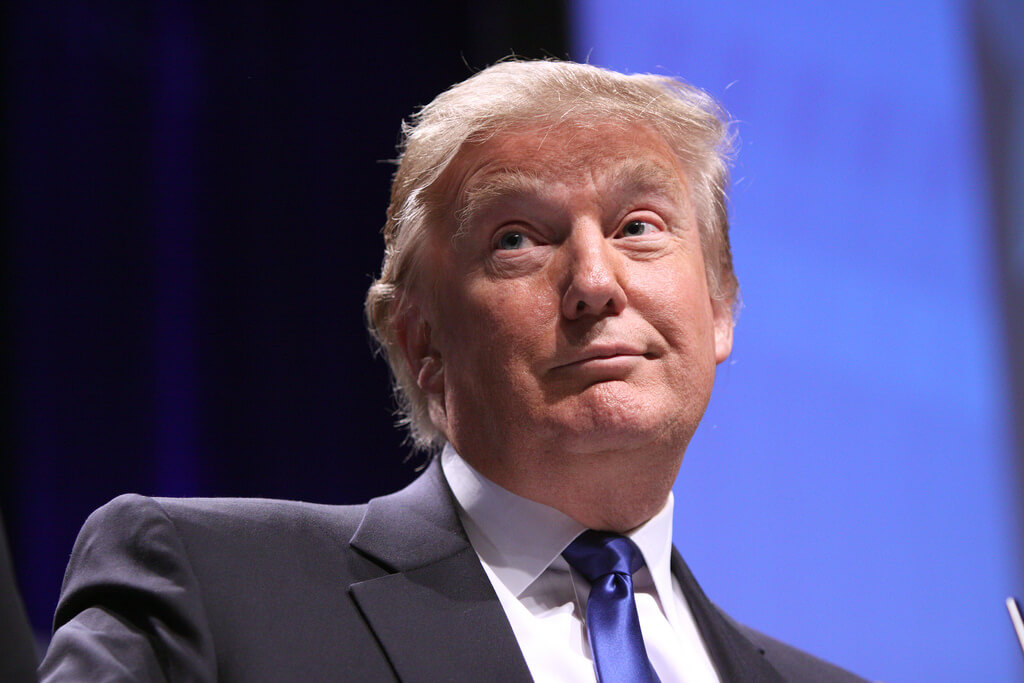What just happened? It looked as if ZTE had been handed an expensive lifeline by Donald Trump last month when it signed a $1 billion deal with the US government to lift a trade ban. But the President's plans could be thwarted by the US Senate, which has just voted against removing the sanctions placed on the Chinese tech giant.
After admitting to selling US-made technology to Iran and North Korea, thereby violating US sanctions, ZTE agreed to pay hundreds of millions of dollars in penalties and discipline the employees responsible. For failing to follow through with parts of the agreement, US companies were prohibited from selling to ZTE for seven years in April.
With around 30 percent of the components in ZTE products coming from US businesses, including Qualcomm, Intel, and Microsoft, the company ceased "major operating activities" one month after the ban. But soon after, Trump tweeted that he wanted to help ZTE "get back into business."
President Xi of China, and I, are working together to give massive Chinese phone company, ZTE, a way to get back into business, fast. Too many jobs in China lost. Commerce Department has been instructed to get it done!
--- Donald J. Trump (@realDonaldTrump) May 13, 2018
When it was reported that the firm had agreed to pay over $1 billion to resume trade with its US suppliers, it seemed that Trump had lived up to his words. But the Senate has put the brakes on his plan.
A military spending bill called the National Defense Authorization Act was just passed by lawmakers by a vote of 85 to 10. It includes a provision that blocks the deal with ZTE and reinstates sanctions on the company, all in the name of national security.

Trump faced criticism for his willingness to remove the ban on ZTE, especially as US intelligence agencies have issued warnings that the company's products could be used for spying purposes---a result of its close ties with the Chinese government.
The bill must still be reconciled with the version passed by the house, which does not include the ZTE provision. It then needs to be signed by Trump before it can become law.
